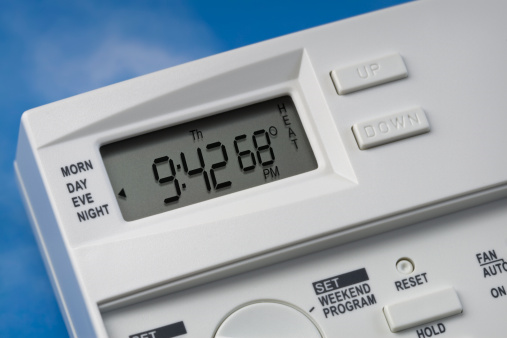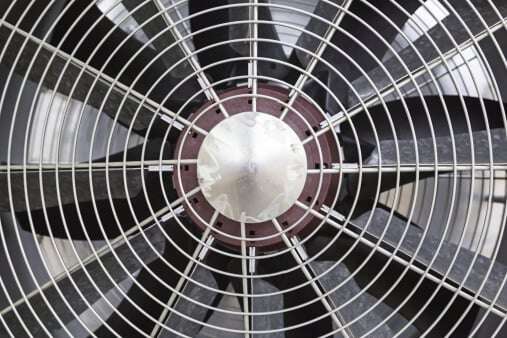 Even the home heating and cooling technicians at Experts In Your Home would have to agree: the concept of efficiency is much easier to grasp when the subject is cars rather than furnaces.
Even the home heating and cooling technicians at Experts In Your Home would have to agree: the concept of efficiency is much easier to grasp when the subject is cars rather than furnaces.
What accounts for this disparity? Perhaps because we're mindful of how often we have to fill up our cars with gas. And if you've ever traded a big gas guzzler for a smaller, fuel-efficient car, you might have been amazed over how much farther you could travel on one tank.
Your furnace presents a fuzzier set of circumstances, including at what temperature you set your thermostat and whether you alter the setting overnight or for long stretches during the day.
Then you have outdoor temperatures, which infiltrate your home's “envelope,” or the roof, walls, windows and doors.
So how on earth do you know how efficient your home heating system is? Focus on its annual fuel utilization efficiency (AFUE) rating. Just don't let this complex-sounding term confuse you. The home heating technicians at Experts In Your Home can explain it in the simplest terms possible – and show how it directly affects your household budget.
Demystifying AFUE
A big yellow tag should be affixed to your furnace, topped by the words “Energy Guide.” It lists a two-digit number – a percentage – that denotes its AFUE rating. The Federal Trade Commission requires manufacturers to disclose this rating on all new furnaces.
The U.S. Environmental Protection Agency mandates that all furnaces achieve an AFUE rating of at least 80. And it has made it clear that it would soon like to see the rating raised to 92.
The AFUE rating refers to the amount of fuel, or energy, that your furnace uses to produce heat. So if your furnace has an AFUE rating of 80, it means that it makes good use of 80 percent of the energy it consumes. Eighty percent of that energy becomes heat and the other 20 percent is lost (although some people would say it's “wasted”). Where does that lost or wasted heat go? It is vented through your chimney and then outdoors.
So depending on your point of view – akin to the “glass is half-empty or half-full” – your furnace is either making good use of the majority of the energy you're paying for or it's squandering nearly one-quarter of it.
And not to dash your spirits further, but the AFUE rating does not factor in heat loss that takes place through ductwork. In most American homes, at least 20 percent of treated air seeps right through cracks, holes and disconnects.
This reality provides another reason why the home heating maintenance technicians at Experts In Your Home advocate duct inspections, duct sealing and duct insulation – proactive steps that most assuredly will help your home be more energy efficient.
Experts In Your Home will help you crunch the numbers
You'll note that we said a big yellow tag “should” be affixed to your furnace. What if there isn't one? Experts In Your Home technicians can inspect your furnace and determine which category it fits into:
- Low-efficiency furnaces – the ones that rely on a pilot light – tend to have AFUE ratings of between 55 and 70
- Furnaces manufactured in 1992 and soon after, at least 78
- Mid-efficiency furnaces, about 80
- High-efficiency, about 90
- Very high efficiency, up to 98 – these can save homeowners over $1000 during the lifetime of the furnace.
You know your bottom line
Since every home is different, no one knows better than you exactly how much money a furnace with a high AFUE rating can save you on your home heating every month. But consider that:
- The average energy bill for American households is about $2,200 a year.
- About 30 percent of your energy bill goes to heating your home.
- Nearly half of the energy you pay for probably goes to natural gas.
If a new furnace is on your mind, be sure to read two previous Experts In Your Home articles on the subject before calling us for a consultation: “How a Home Heating Technician Can Evaluate Your Old Heating System” and “Steps to Buying a New Home Heating System.”
With a newfound grasp of the AFUE rating, you might soon place your knowledge of furnaces right alongside that of your favorite vehicle -- and Experts In Your Home will be right beside you.








